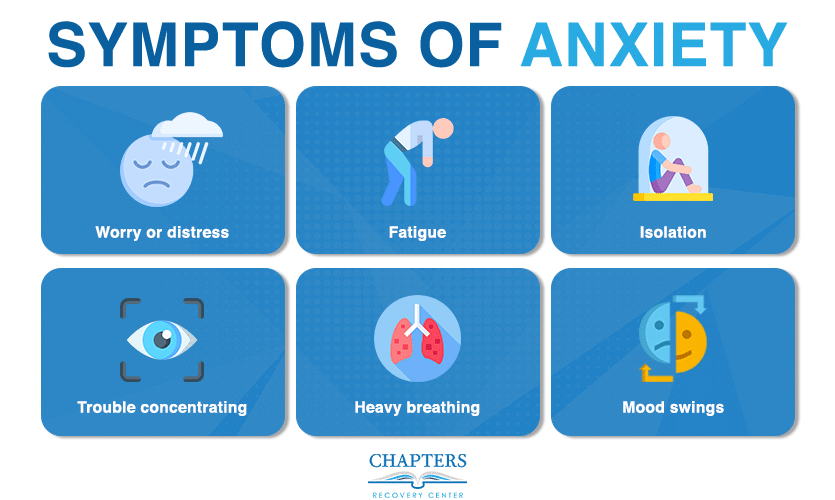“Is my son using cocaine?” This question is alarmingly becoming more common among parents today, reflecting a worrying trend in youth substance abuse. Recognizing the signs of cocaine use is crucial, yet often challenging. As a parent, your role is vital in identifying and addressing these concerns. In this blog, we will explore key indicators of cocaine use, its effects on young adults, and how to approach this sensitive topic. Our aim is to provide clear, actionable guidance to help you navigate this difficult situation with knowledge and empathy.
Jump to Section
ToggleUnderstanding Cocaine and Its Effects
What is Cocaine?
Cocaine is a powerful stimulant drug derived from the coca plant. Often found in powder form, it’s commonly snorted, smoked, or injected. Cocaine works rapidly, creating a short-lived but intense feeling of euphoria and energy. Despite its allure, it’s illegal and highly addictive, posing serious health risks.
Short-Term Effects of Cocaine Use
When a person uses cocaine, they may experience a surge in energy and alertness. Other short-term effects include increased heart rate, elevated body temperature, and decreased appetite. These symptoms, while temporary, are unmistakable indicators of recent cocaine use.
Long-Term Effects on Health
Extended cocaine use can lead to more severe health issues. These include heart problems, respiratory distress, neurological effects, and mental health issues like anxiety and depression. Long-term use can also result in addiction, drastically altering a person’s behavior and priorities.
Behavioral and Social Impact
Cocaine doesn’t just affect physical health; it can also disrupt a person’s social life and behavior. Users may show changes in their social circles, lose interest in activities they once enjoyed, and display erratic or secretive behavior.
Recognizing the Signs: Is Your Son Using Cocaine?
Physical Indicators of Cocaine Use
Signs of cocaine abuse often first manifest physically. Sudden weight loss, frequent nosebleeds (common if cocaine is snorted), dilated pupils, and altered sleep patterns are key indicators. The Partnership to End Addiction also notes that changes in physical appearance can signal substance abuse.
Behavioral Changes Suggesting Cocaine Abuse
Behavioral shifts are major red flags. Increased secrecy, financial problems, changes in friends, erratic behavior, and loss of interest in favorite activities are signs. The Partnership to End Addiction emphasizes the importance of noting changes in behavior and social circles.
Psychological Symptoms of Cocaine Dependency
Cocaine’s impact on mental health is significant. Mood swings, increased agitation, anxiety, and periods of high followed by crashes are symptoms to watch for. These align with the Partnership to End Addiction’s observations of behavioral health changes in substance abuse.
Academic or Professional Performance
A decline in school or work performance is another warning sign. This might manifest as dropping grades, loss of interest, and frequent absences. The Partnership to End Addiction highlights academic performance as a key area affected by drug use.
Is My Child Using Cocaine, Other Effects
The Ripple Effect on Family Dynamics
When a son is struggling with cocaine use, the impact resonates through the entire family. Parents often experience a range of emotions, from guilt and fear to anger and helplessness. It’s crucial to recognize these feelings as a natural response to a challenging situation.
Communication Barriers and Breakdowns
Substance abuse can create significant communication barriers within a family. Honesty and trust might erode, leading to arguments and misunderstandings. It’s essential to address these communication issues proactively, seeking to rebuild trust and understanding.
The Role of Siblings in the Dynamic
Siblings of a person using cocaine can also be deeply affected. They might feel neglected, resentful, or under pressure to compensate for their brother’s behavior. Acknowledging and supporting siblings is a vital part of navigating the family’s journey through this crisis.
Seeking Family Counseling and Support
Family counseling can be a powerful tool in addressing the impacts of cocaine use on family dynamics. It provides a safe space for each family member to express their feelings and learn how to support each other effectively.
Taking Steps Towards Healing and Recovery
Recognizing and addressing the signs of cocaine use in your son is a challenging journey, but it’s a crucial step towards his well-being and the health of your family. Remember, you’re not alone in this. Many families have navigated this path and found a way back to hope and healing.
Early intervention is key. If you suspect your son is using cocaine, take action by engaging in open, empathetic conversations, and seeking professional help. Chapters Recovery Center and similar organizations offer the resources and support necessary for recovery. It’s a journey that requires patience, understanding, and continuous support, but with the right approach, recovery is possible.
Your role as a supportive parent can make a profound difference in your son’s battle against addiction. By staying informed, empathetic, and proactive, you can help steer him back to a healthier, happier life. Don’t hesitate to reach out for professional help – it could be the most important step you take in helping your son rebuild his life.
Reach Out
For more guidance and support in dealing with a loved one’s cocaine abuse, please don’t hesitate to contact us at Chapters Recovery Center. We’re here to help you and your family every step of the way.








